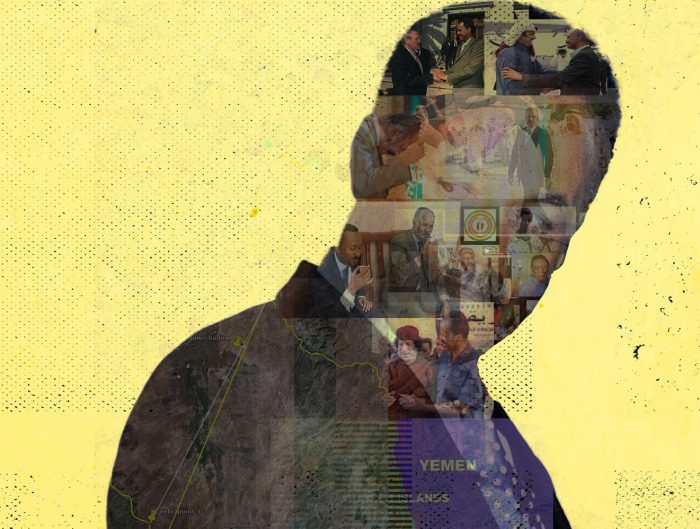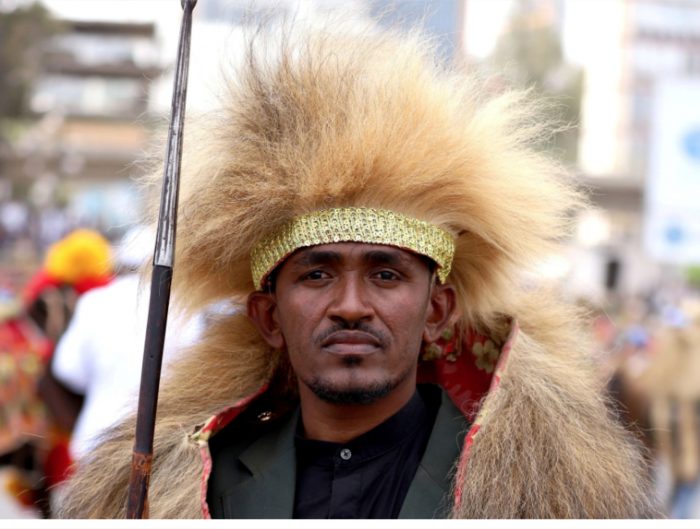The building of the Grand Ethiopian Renaissance Dam (GERD) on the Blue Nile by a major Italian construction company, in a contract with Ethiopia, remains a source of great tension between Ethiopia and Egypt.
Began in 2011, the grand dam is due for completion in the middle of this year. The dam will hold a massive 79 billion cubic metres of water, and will be the largest hydroelectric power plant in Africa.
The Blue Nile joins the White Nile in the southern part of Sudan just north of Khartoum to form the Nile River, known as the Life of Egypt, upon which Egypt heavily depends. Egypt has described itself as a gift to the world, and that the Nile is a gift to Egypt. It has seen itself as the sole guardian of this “gift.” When construction began, Egypt demanded it cease without any precondition, and claimed it had the right to own a 90 per cent share of the Nile waters for its 60 million people.
Ethiopia argued in response, on the basis of unseen studies, that there would be no reduction of water downstream, as all the Blue Nile waters would be cycled through the dam and eventually reach the downstream countries on its way to the Mediterranean. In fact, it claims there will be more water because there will be less evaporation.
Ethiopia has never accepted the 1929 colonial treaty between Egypt and the UK (on behalf of its colony of Sudan) and a subsequent one in 1959 because its unfair nature did not reflect the rights of Ethiopia. Today Ethiopia strives to promote the international water laws that govern the 263 trans-boundary rivers and lakes across the world.
Both countries have been flexing their diplomatic, political and legal muscles. As well, several workshops of technical experts have achieved a consensus of a common understanding, an agreement on a water resources modelling study and hydropower simulation assessment studies.
The Nile crosses ten countries, with some contributing very little, while Ethiopia, with its high mountains, contributes about 70 per cent of the water. Many observers believe Ethiopia’s position is valid and the treaty has to be revisited. In 1999, the ten riparian states began the Nile River Basin Initiative to create a constructive dialogue on sharing the river’s resources, promoting peace and stability in the region.
Ethiopia now believes it is strong enough to have taken the unilateral decision to abrogate any treaty and build the dam. De facto, the dam is now in existence.
Ethiopia’s determination has been matched by the decline of Egypt. It is widely believed in the region that Egypt has lost its role as the regional hegemon: weakened by two revolutions; a central, unpopular military government; battling ISIS and other radical groups; a deteriorating economy dependent on remittances and aid; and, an uneasy relationship with Saudi Arabia, which has indicated it will invest in agricultural projects in Sudan and Ethiopia, stemming from the benefits of GERD.
Both countries have been flexing their diplomatic, political and legal muscles. As well, several workshops of technical experts have achieved a consensus of a common understanding, an agreement on a water resources modelling study and hydropower simulation assessment studies.
Sudan has handled the confrontation with great care and neutrality, at least publicly. According to the two treaties, Sudan has undeniable rights to use the waters of the Nile unconditionally. The dam is being built only 15km from its border with Ethiopia, and the more controlled water flow will open up significant irrigation opportunities, overcome its severe electricity shortages, and allow it to fulfil its aspiration to being the breadbasket of the Middle East.
Both Egypt and Ethiopia are not unmindful of the disastrous wars they fought in the early 19th century. Now that the great dam has become a fait accompli, Egypt has been forced to accept that the construction has reached the point of no return. Weakened Egypt, now under General Abdulfatah Sisi, found the international gates closed as its diplomats and lobbyists shuttled from New York to Brussels; from Addis Ababa to Riyadh, endeavouring to block the funding of the politicised project but also questioning Ethiopia’s right to build a dam on ‘their’ river.
The water dispute has to be solved on the covenants of international law and not unilateral actions. The Law and Practices of Trans-Boundary Rivers manifestos for example advocate for the equitable and reasonable share of the water among member states.
Neither country can afford to go to war. Dialogue will prove to be the most robust solution. The case should be decided by technical experts and legal bodies that would base any recommendations as to water flows on an independent and impartial evaluation under the direction of an international body. However long it takes, it is highly likely that eventually the Nile issue will be resolved legally and diplomatically by experts and political leadership at the negotiation table, not by generals and their military weaponry on the battle field.





Leave A Reply